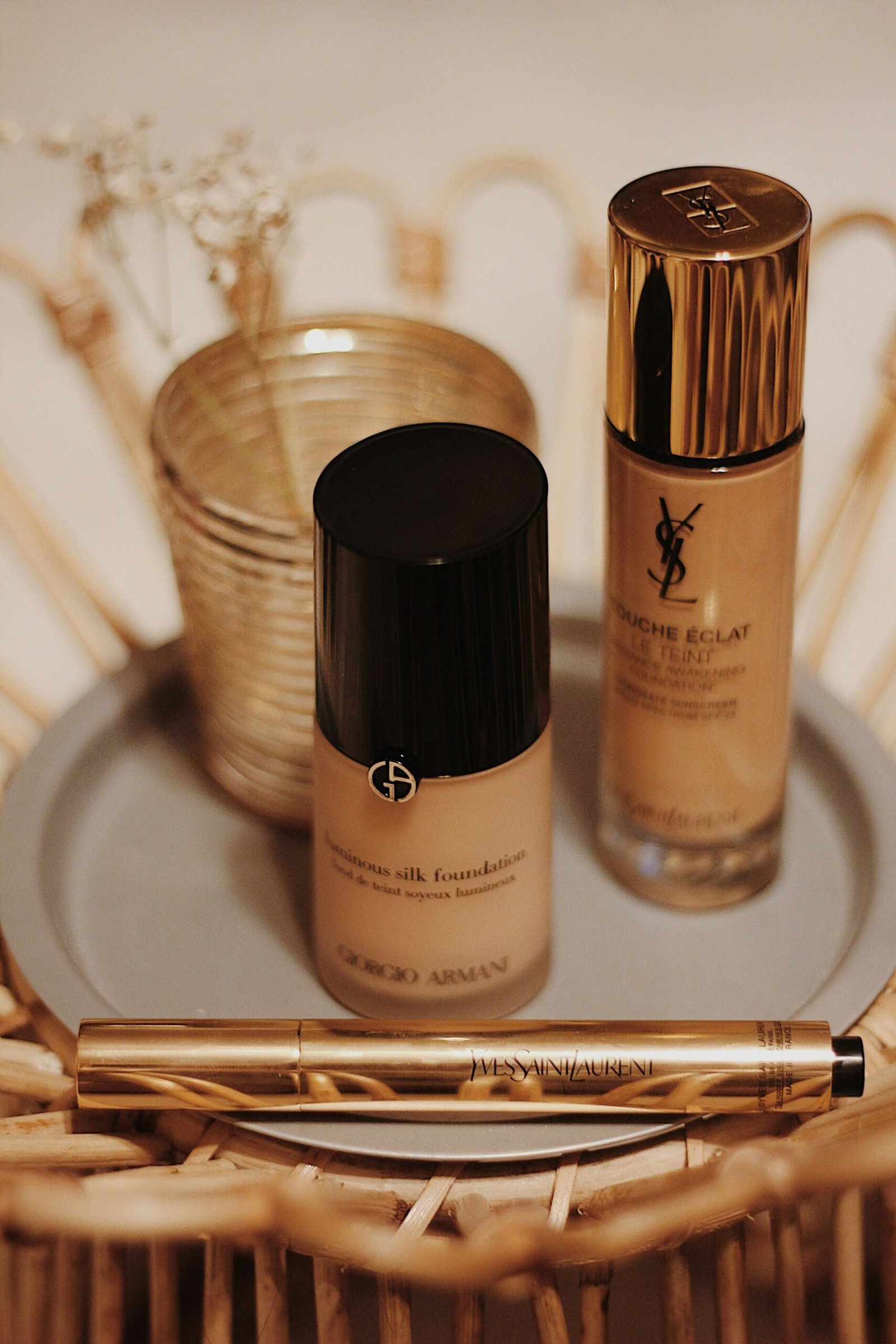Embracing Your Sensitive Skin
Sensitive skin can present a significant challenge when it comes to applying foundation makeup. Individuals with this skin type often experience various reactions to certain ingredients commonly found in makeup products, including redness, irritation, and breakouts. Recognizing the specific needs of sensitive skin is crucial for achieving a flawless finish. Factors such as oily skin with acne, mature skin, rosacea, dry skin, and the unique requirements of darker skin tones all contribute to the complexities of choosing the right foundation.
For those with oily skin that is prone to acne, finding a foundation that controls shine while preventing clogged pores is paramount. Meanwhile, mature skin may require formulations that offer hydration and diminish the appearance of fine lines without exacerbating sensitivity. Rosacea, characterized by prevalent redness, necessitates foundations with soothing properties that can help neutralize the skin’s appearance. Furthermore, individuals with dry skin must seek out foundations rich in moisturizing ingredients to avoid an uneven or flaky application. Lastly, darker skin tones may face challenges related to shade matching and product undertones, which can complicate the selection process.
Understanding these skin issues is essential, as it allows individuals with sensitive skin to make informed choices about their cosmetics. Selecting the right foundation requires careful consideration of skin conditions and sensitivities to avoid products that can lead to discomfort or further complications. As we delve deeper into specific foundation solutions tailored for sensitive skin, it is important to keep these unique needs in mind. This guide aims to empower individuals to embrace their sensitive skin while navigating the vast landscape of makeup options available to them.
Understanding Common Foundations Errors
When it comes to applying foundation makeup on sensitive skin, there are several prevalent errors that individuals often encounter. Recognizing these issues is crucial for achieving a flawless finish while minimizing potential irritation to the skin.
One common mistake is the transfer of foundation to clothing. This typically occurs when a foundation is improperly set, leading to a situation where makeup smudges onto shirts, collars, or other surfaces. To mitigate this, it is essential to use a setting powder or a setting spray tailored for sensitive skin. These products create a barrier that locks the foundation in place, reducing the likelihood of transfer. Additionally, considering long-wear foundation formulas can offer extra staying power without compromising skin integrity.
L’Oréal Paris Infallible Pro-Matte Foundation
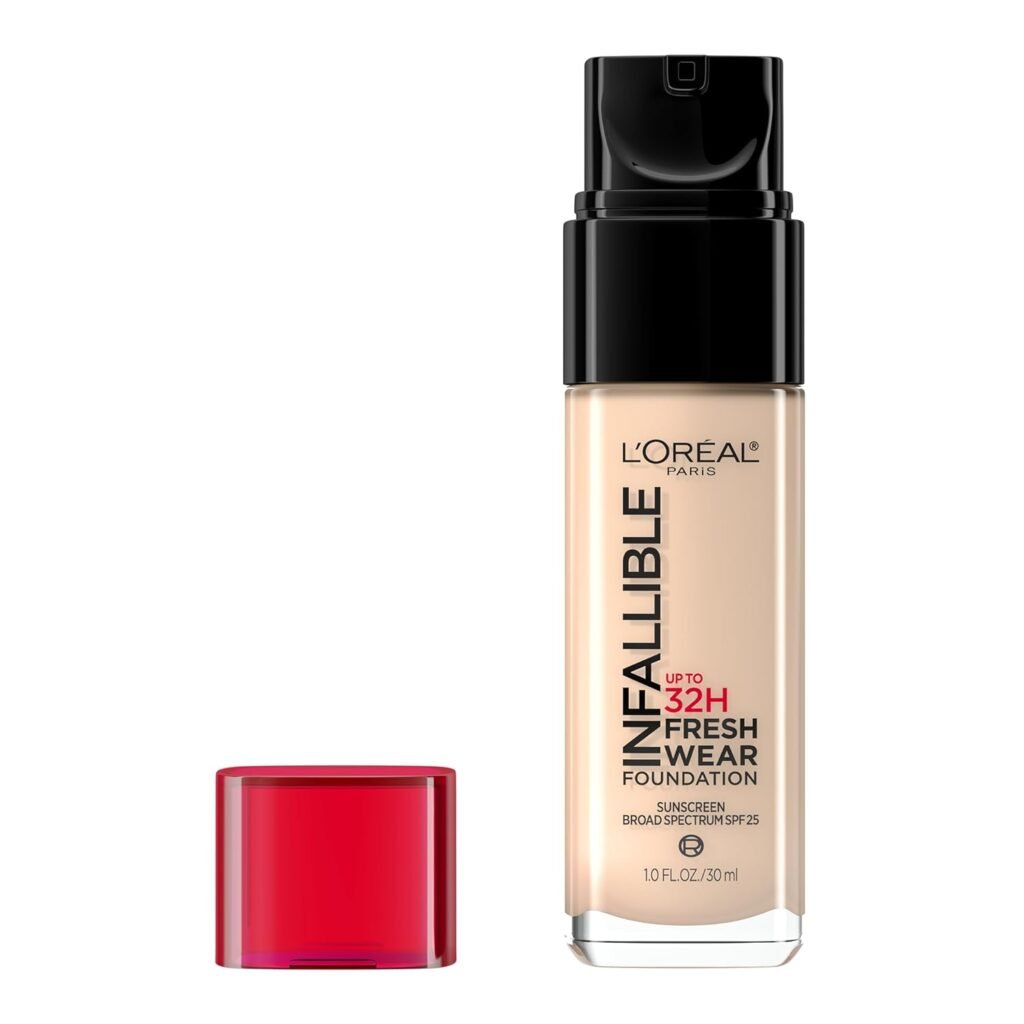
Long-wear, sweat-resistant formula that stays fresh for up to 24 hours. Perfect for preventing slippage and transfer
Fenty Beauty Pro Filt’r Soft Matte Longwear Foundation
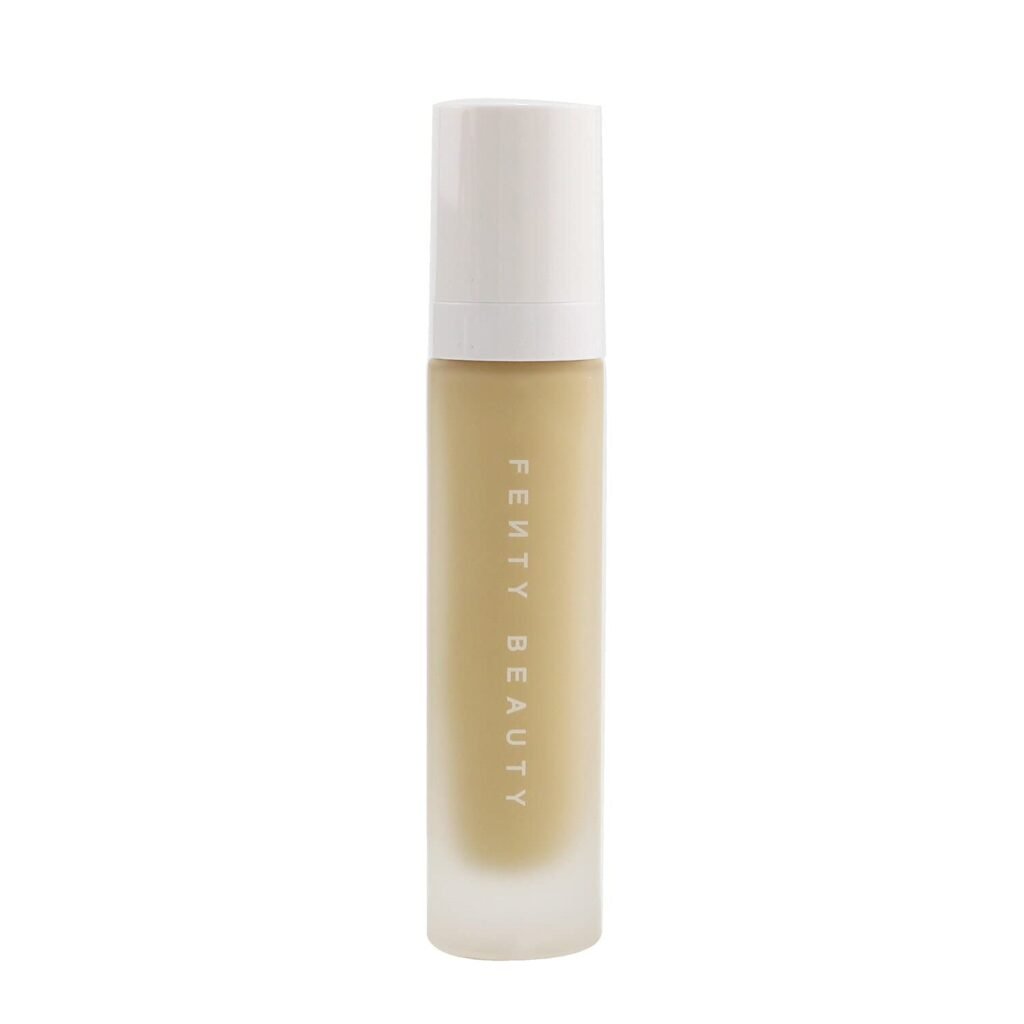
Offers a wide range of shades to match various skin tones, ensuring a natural finish. Its sweat-resistant formula is ideal for preventing slippage
Another issue faced by those with sensitive skin is the appearance of texture within enlarged pores. Many creamy designs or heavy foundations can accentuate this problem, making pores appear more prominent. To address this, opting for lightweight, oil-free foundations that provide buildable coverage can create a smoother look. Applying foundation with a damp sponge can help distribute the product evenly, minimizing the risk of it settling into pores.
Slippage due to sweating is a further concern, especially in warmer climates or during physical activities. Sensitive skin may react adversely to certain products, leading to foundation breaking down more quickly than desired. Choosing foundations with sweat-resistant formulations can significantly enhance longevity, ensuring a fresh appearance throughout the day.
Lastly, picking the wrong tone can lead to a less-than-ideal finish. It is vital to select a shade that closely matches the natural skin tone; otherwise, discrepancies can lead to an unnatural or distracting look. Trying samples before purchasing and testing under various lighting conditions can help in making an informed choice.
How to Choose the Right Foundation for Sensitive Skin
Choosing the right foundation for sensitive skin is essential to achieving a flawless finish without aggravating existing skin issues. Sensitive skin can react adversely to various makeup products, often leading to redness, flakiness, or irritation. Therefore, it is crucial to consider several key factors when selecting a foundation.
First and foremost, understanding your skin type is vital. Sensitive skin often requires a foundation that is specifically formulated to minimize irritation. Look for products labeled as hypoallergenic or non-comedogenic, as these are less likely to cause reactions. Additionally, formulations containing soothing ingredients like aloe vera, chamomile, or calendula can help calm the skin and reduce inflammation.
Neutrogena Hydro Boost Hydrating Tint
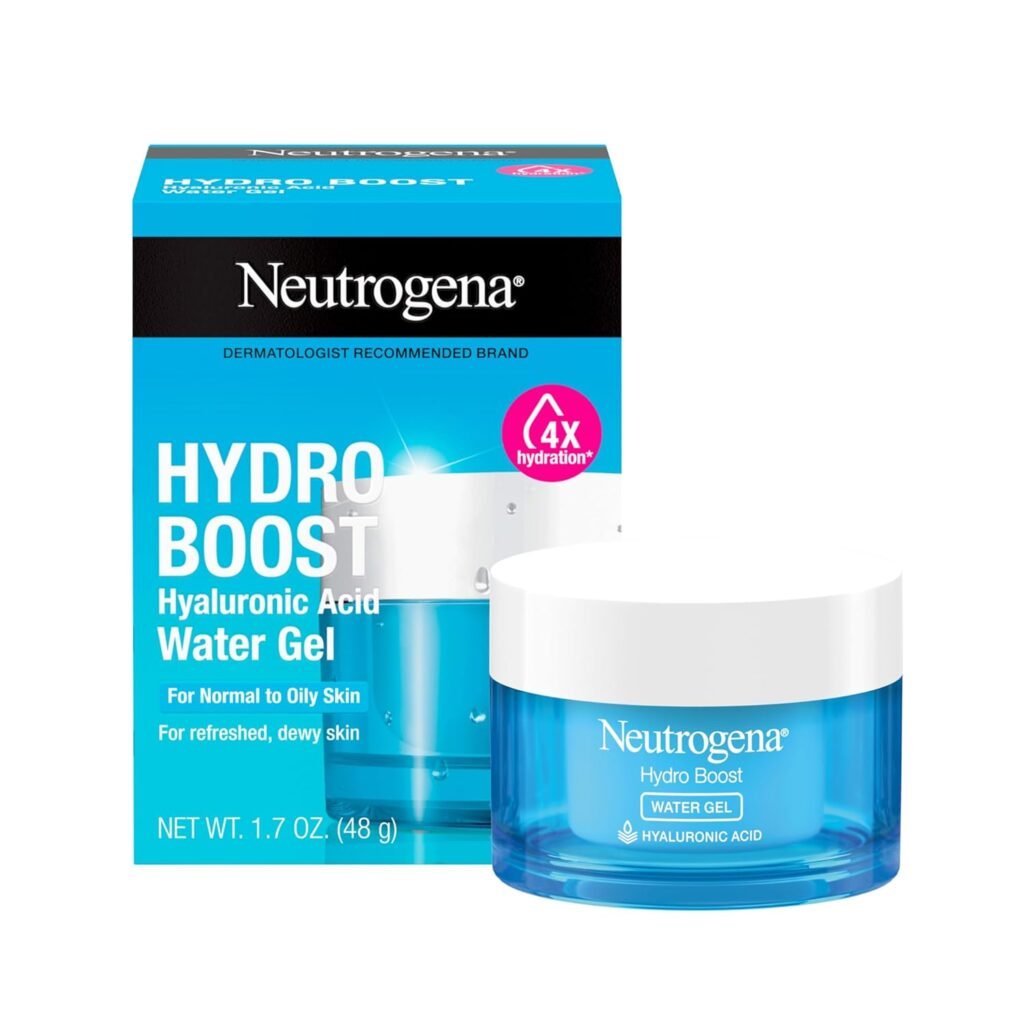
This lightweight, hydrating foundation is perfect for sensitive skin. It contains hyaluronic acid to lock in moisture and provides a natural, dewy finish. It’s also fragrance-free and non-comedogenic
BareMinerals Original Liquid Mineral Foundation
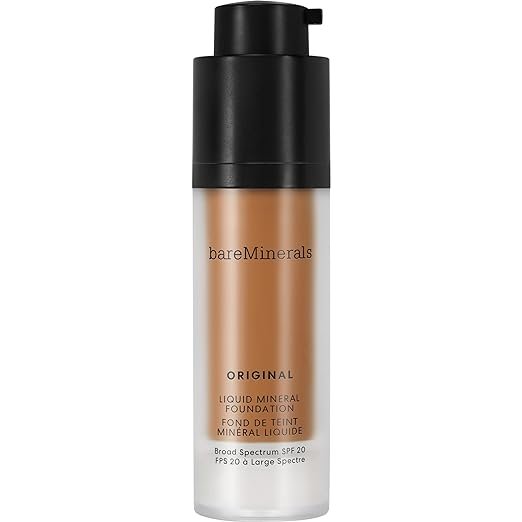
Formulated with mineral-based ingredients like titanium dioxide and zinc oxide, this foundation is gentle on sensitive skin. It provides buildable coverage and a natural finish
Clinique Even Better Makeup SPF 15
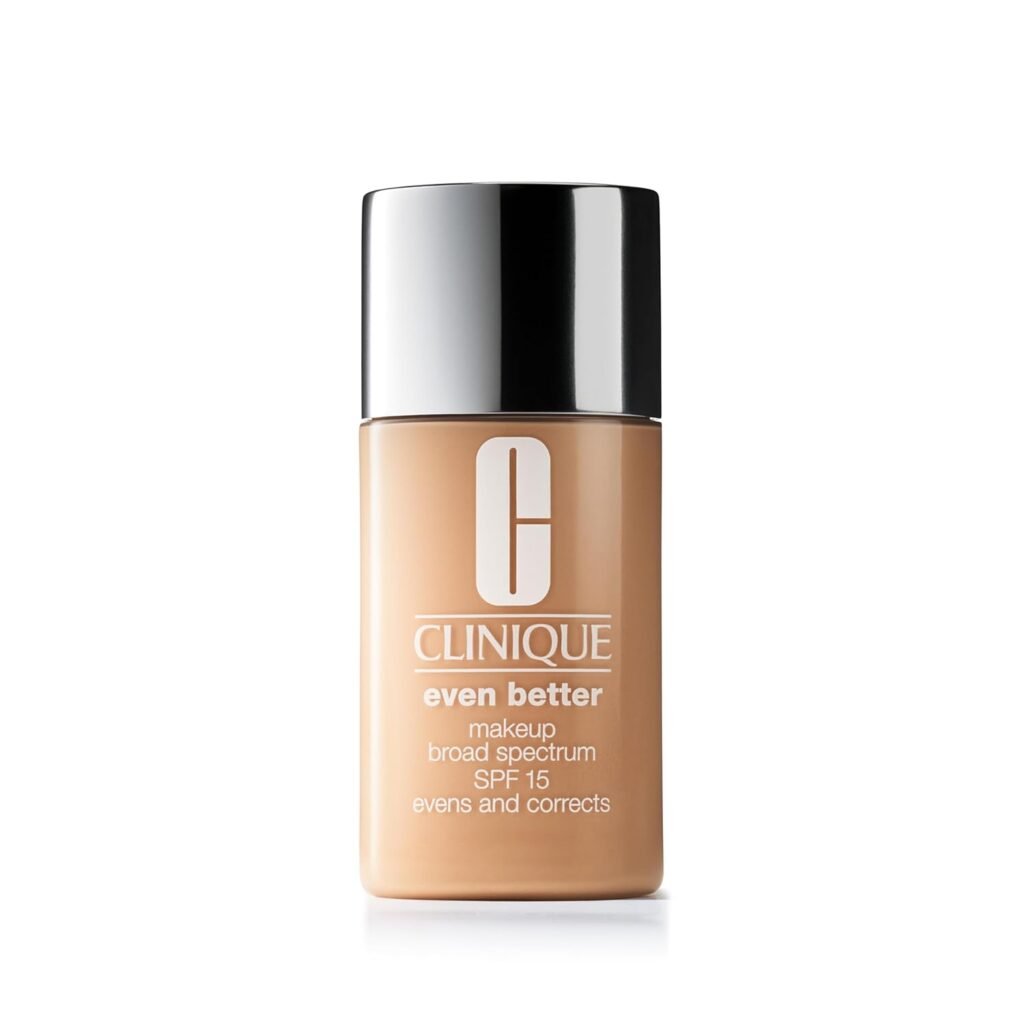
Clinique is known for its sensitive-skin-friendly formulations. This foundation is fragrance-free, non-acnegenic, and contains ingredients like vitamin C to brighten the skin
La Roche-Posay Toleriane Teint Fluid Foundation
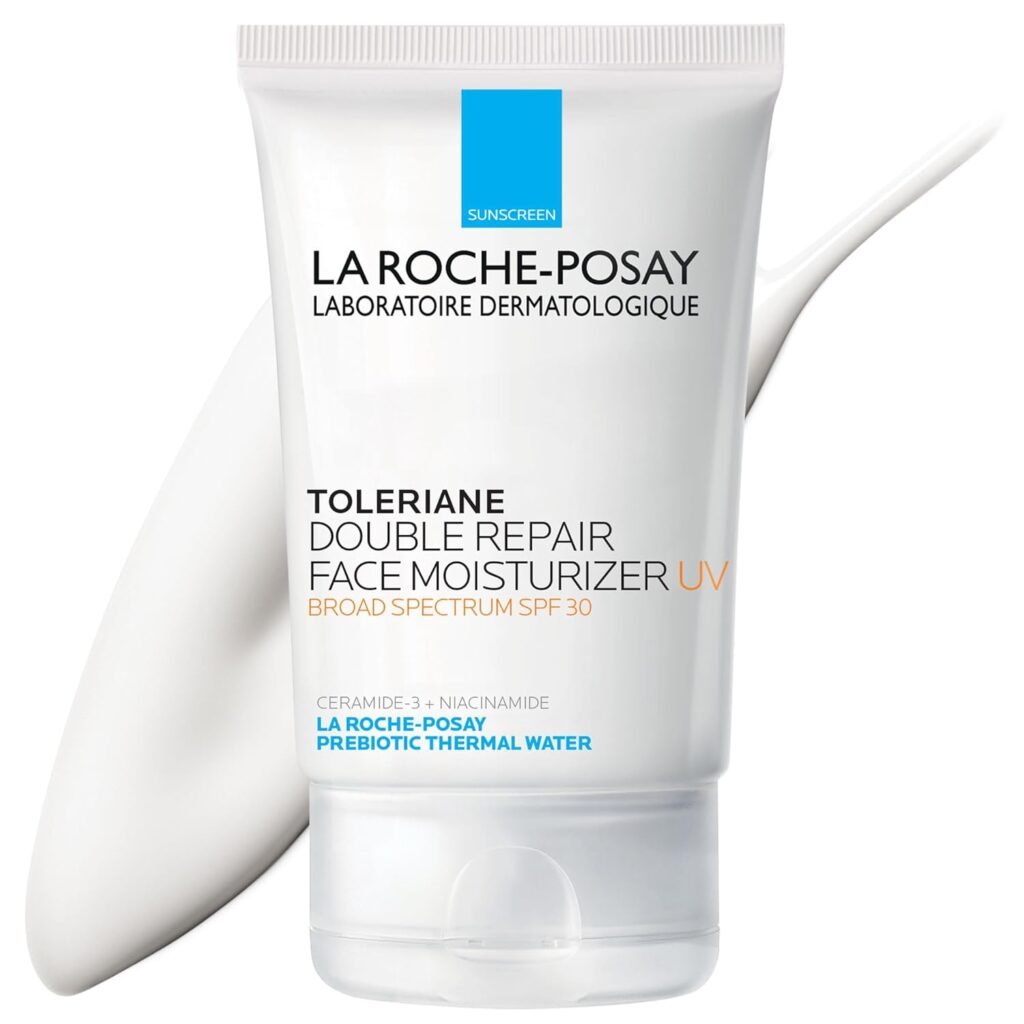
Designed specifically for sensitive skin, this foundation is hypoallergenic and contains soothing ingredients like niacinamide. It provides a natural finish and is free of parabens and fragrances
The finish of the foundation is another important consideration. Sensitive skin may benefit from a lightweight, dewy finish rather than a heavy matte one, which can sometimes emphasize dryness or irritation. Foundations that provide a natural glow can enhance your skin’s appearance while maintaining comfort throughout the day. Liquid foundations tend to offer good hydration, making them a suitable choice for sensitive types.
Moreover, ingredient awareness is paramount. Selecting a foundation free from harsh chemicals, fragrances, and artificial colors can significantly reduce the risk of adverse skin reactions. Foundations containing mineral ingredients, such as zinc oxide or titanium dioxide, are often gentler and can provide adequate sun protection, further benefiting your sensitive skin.
Lastly, always consider patch testing a new foundation before full application to ensure it meets your skin’s needs. By carefully assessing your specific requirements, you can find a foundation that not only enhances your natural beauty but also complements the unique characteristics of sensitive skin.
Foundation Tips for Oily, Acne-Prone Skin
When dealing with oily and acne-prone skin, the choice of foundation is crucial for achieving a flawless appearance. Select a foundation that is specifically formulated for oily or acne-prone skin, ideally one that is labeled as oil-free and non-comedogenic. These formulations help to absorb excess oil while preventing clogged pores, which can exacerbate breakouts. Look for products that contain ingredients such as salicylic acid, which helps in treating acne while providing coverage.
Moreover, matte finish foundations are often beneficial for oily complexions. These types of foundations help to control shine throughout the day and provide a long-lasting finish. When applying foundation, consider using a primer suitable for oily skin before application. A mattifying primer can create a smoother base for the foundation, enhancing its staying power and reducing the chances of oxidation. This ensures that your makeup looks fresh for longer, minimizing the appearance of oiliness over time.
Maybelline Fit Me Matte + Poreless Foundation
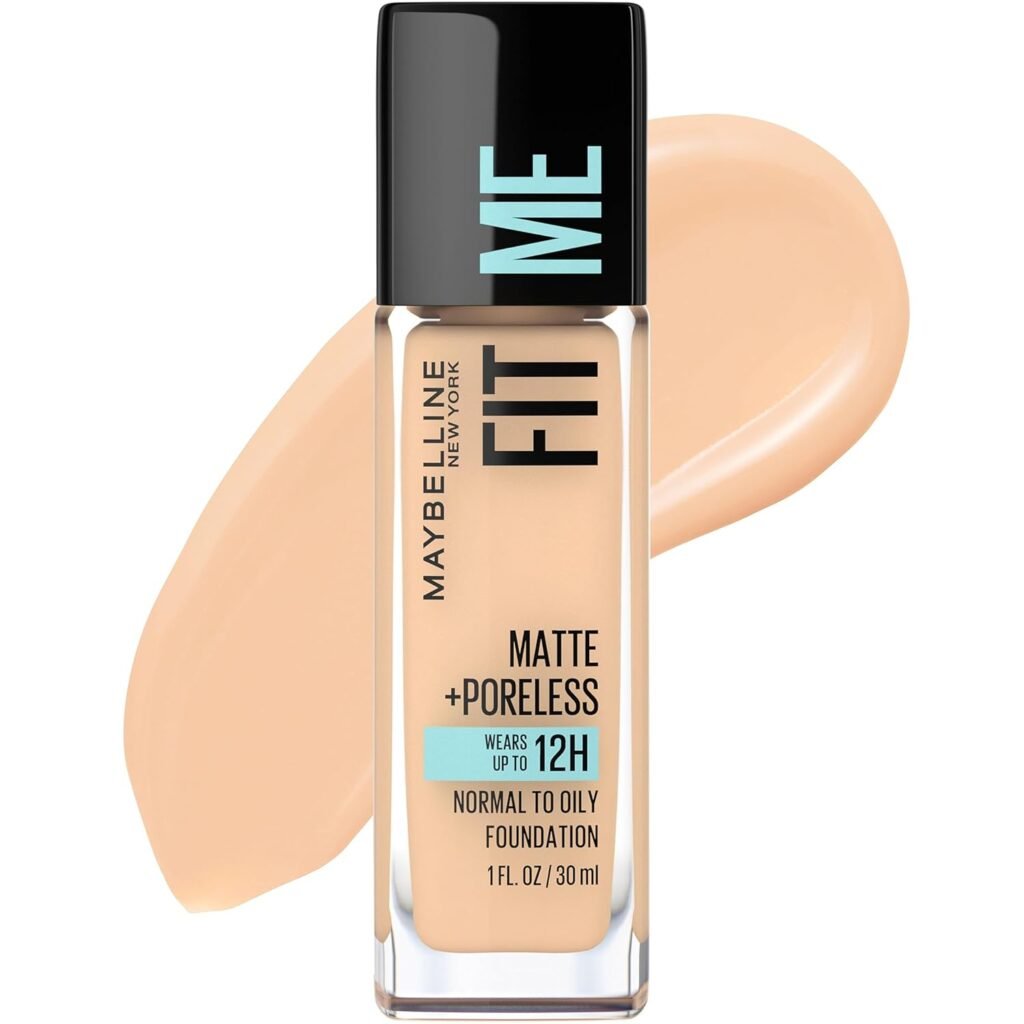
Formulated for oily skin, this foundation offers a matte, poreless finish. It is oil-free and non-comedogenic, ideal for controlling shine and covering imperfections
NYX Professional Makeup Shine Killer Primer
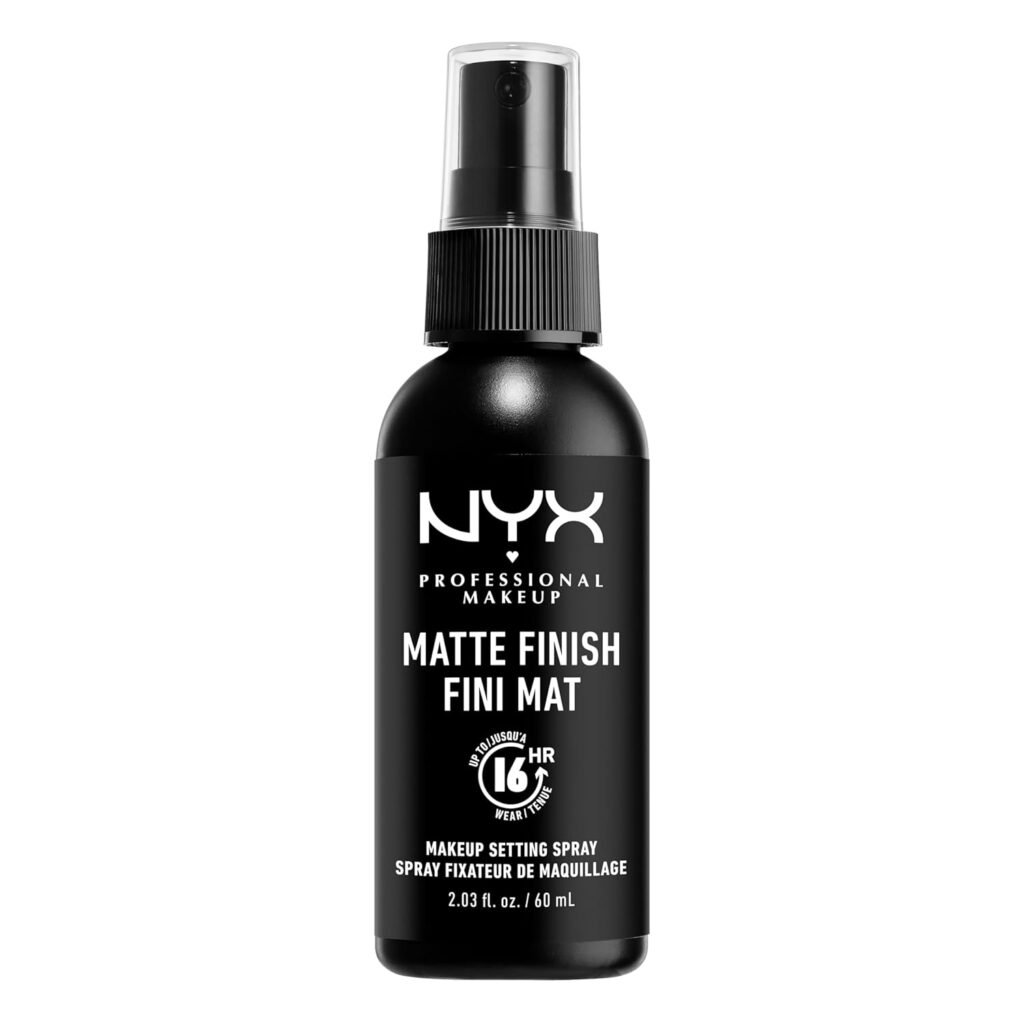
NYX PROFESSIONAL MAKEUP – Makeup Setting Spray, Dewy Finish, Long-Wearing Vegan Formula (Packaging May Vary)
Neutrogena SkinClearing Oil-Free Makeup
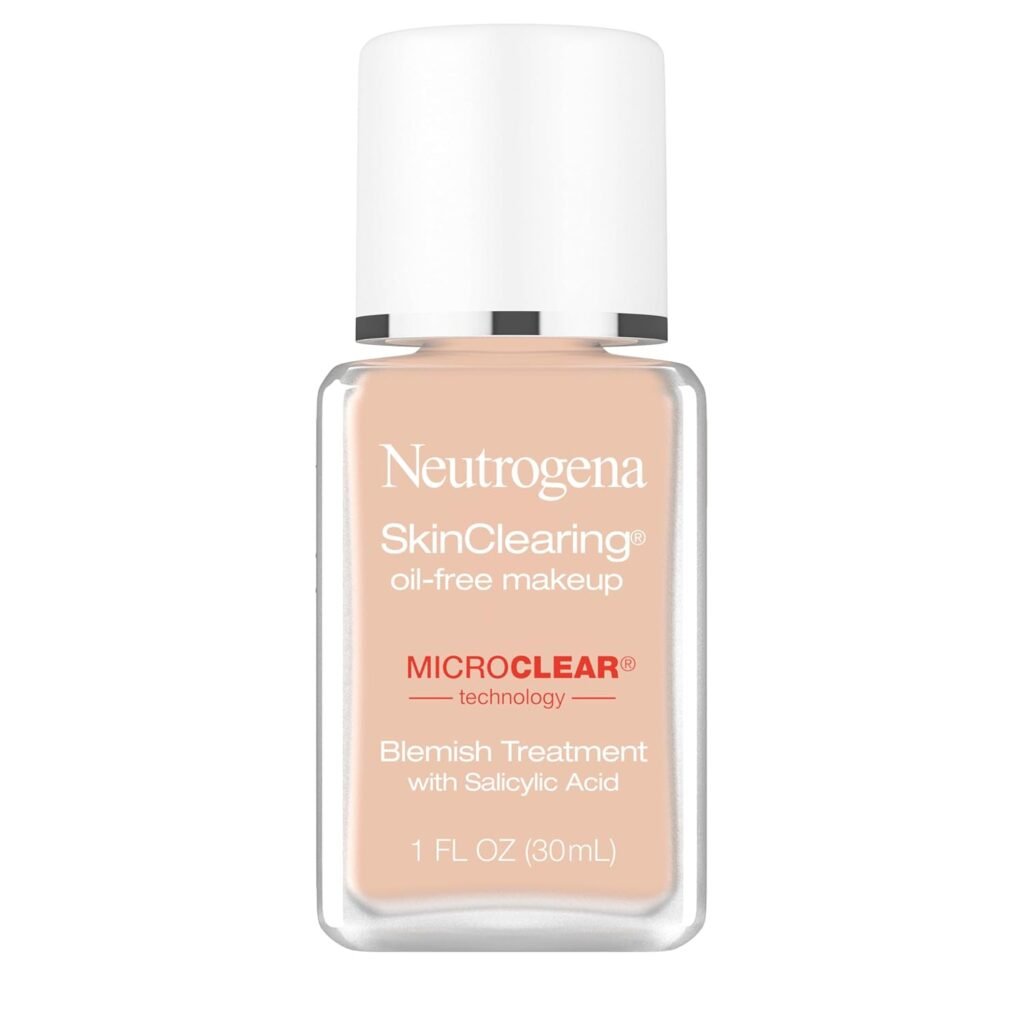
This foundation not only covers imperfections, but also treats acne thanks to its salicylic acid content. It is oil-free and non-comedogenic.
Laura Mercier Translucent Loose Setting Powder
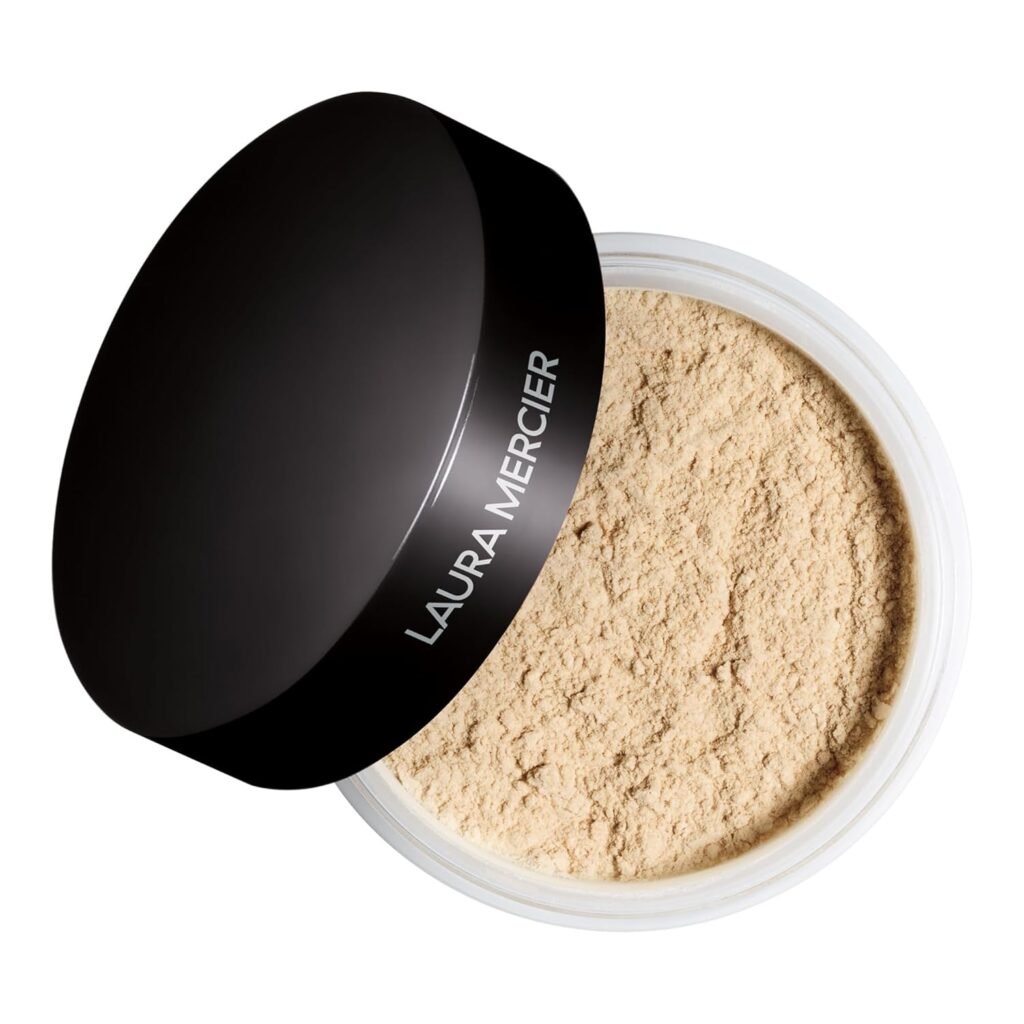
A translucent powder that sets makeup and controls shine all day long. Perfect for the T-zone and oily skin
Beautyblender Original Makeup Sponge
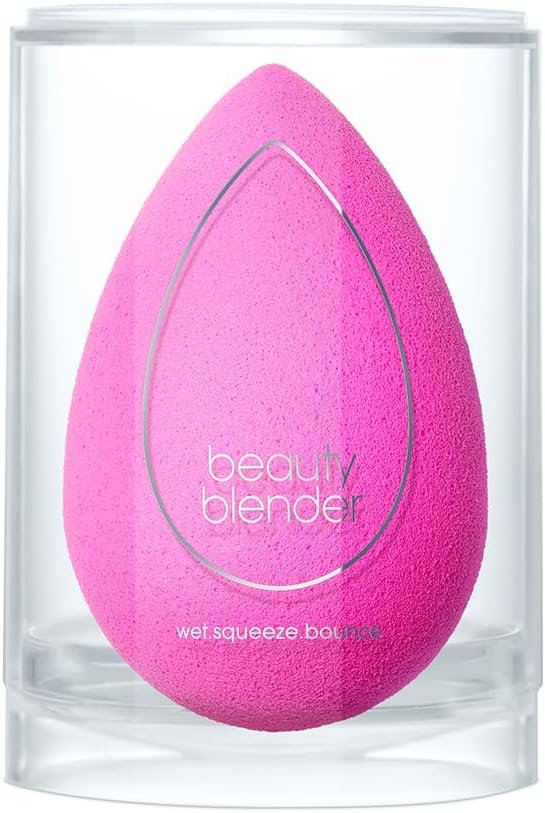
A makeup sponge that allows you to apply foundation evenly and without excess product. When used wet, it provides a natural finish
Clean & Clear Oil Absorbing Sheets
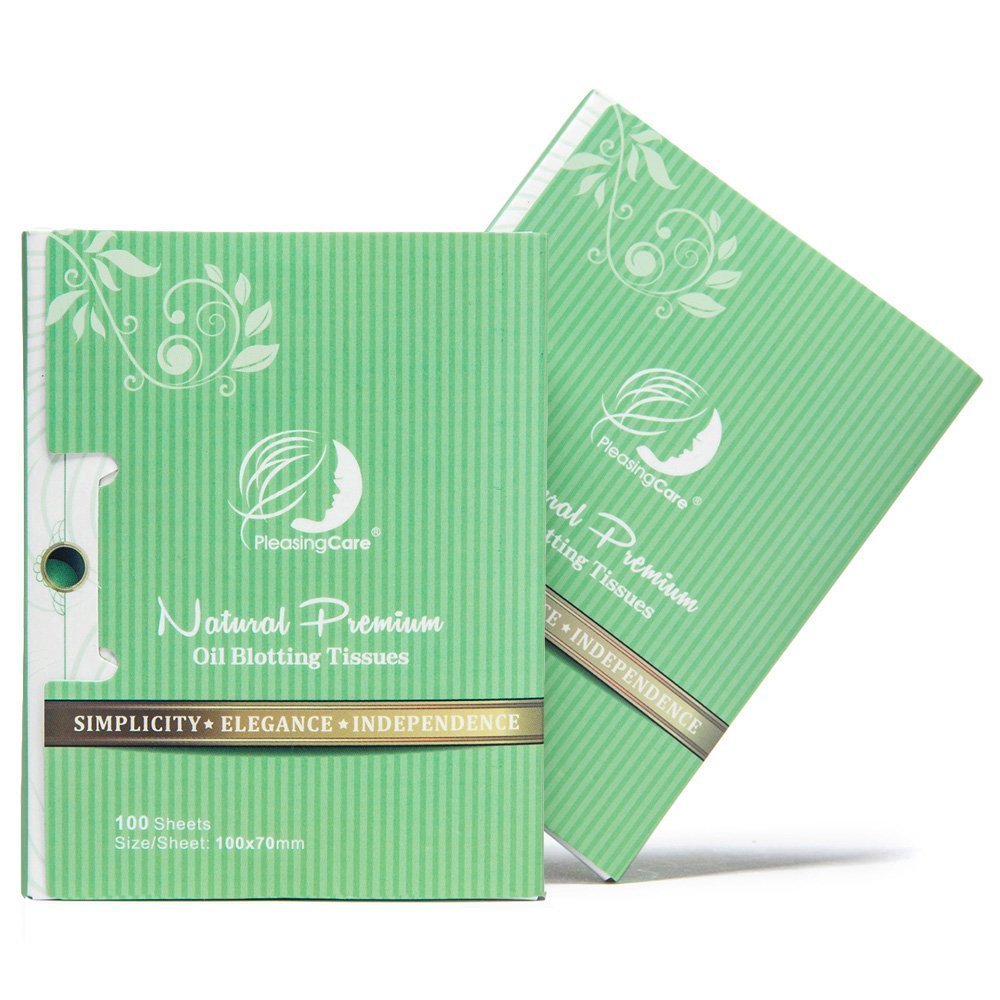
Oil-absorbing sheets that remove shine without ruining your makeup. Ideal for quick touch-ups throughout the day
Application techniques also play a vital role in achieving the desired look. Instead of using fingers, opt for tools like a makeup sponge or foundation brush. A damp makeup sponge can help press the foundation into the skin, creating a more natural finish without adding excess product. Start with a thin layer and build up as needed to cover blemishes without looking cakey. Additionally, using a setting powder can help lock everything in place. Focus on the T-zone, which is usually more prone to oiliness, to prevent any midday shine.
Finally, to maintain a fresh appearance throughout the day, consider carrying oil-absorbent sheets or a small compact powder. Blotting papers can help remove excess oil without disturbing your foundation, enabling you to touch up as needed while still achieving that smooth, flawless finish.
Perfecting Foundation for Mature Skin
As skin ages, it undergoes significant changes that can affect the way foundation makeup appears and performs. Mature skin often exhibits fine lines, wrinkles, and age spots, which can be accentuated by improperly applied makeup. To achieve a flawless finish, it is essential to choose the right foundation and application techniques that cater specifically to the unique needs of mature skin.
One of the most crucial aspects of applying foundation on mature skin is ensuring proper hydration. Dry skin can lead to the makeup settling into fine lines and creating an uneven texture. Opt for hydrating primers before applying foundation to provide a smooth canvas. Look for products infused with moisturizing ingredients such as aloe vera, hyaluronic acid, or glycerin. These components not only hydrate but also create a barrier that helps the foundation adhere better without clinging to dry patches.
L’Oréal Paris Age Perfect Radiant Serum Foundation
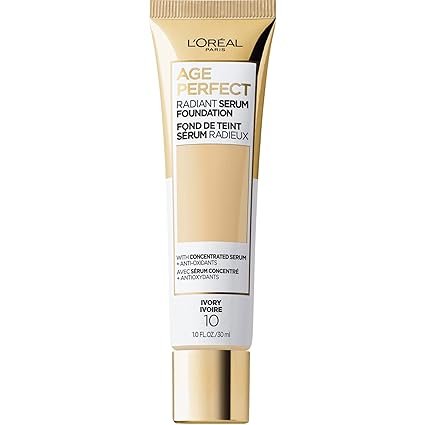
Infused with hyaluronic acid and niacinamide, this hydrating foundation delivers a luminous, radiant finish
IT Cosmetics Your Skin But Better CC+ Cream with SPF 50+
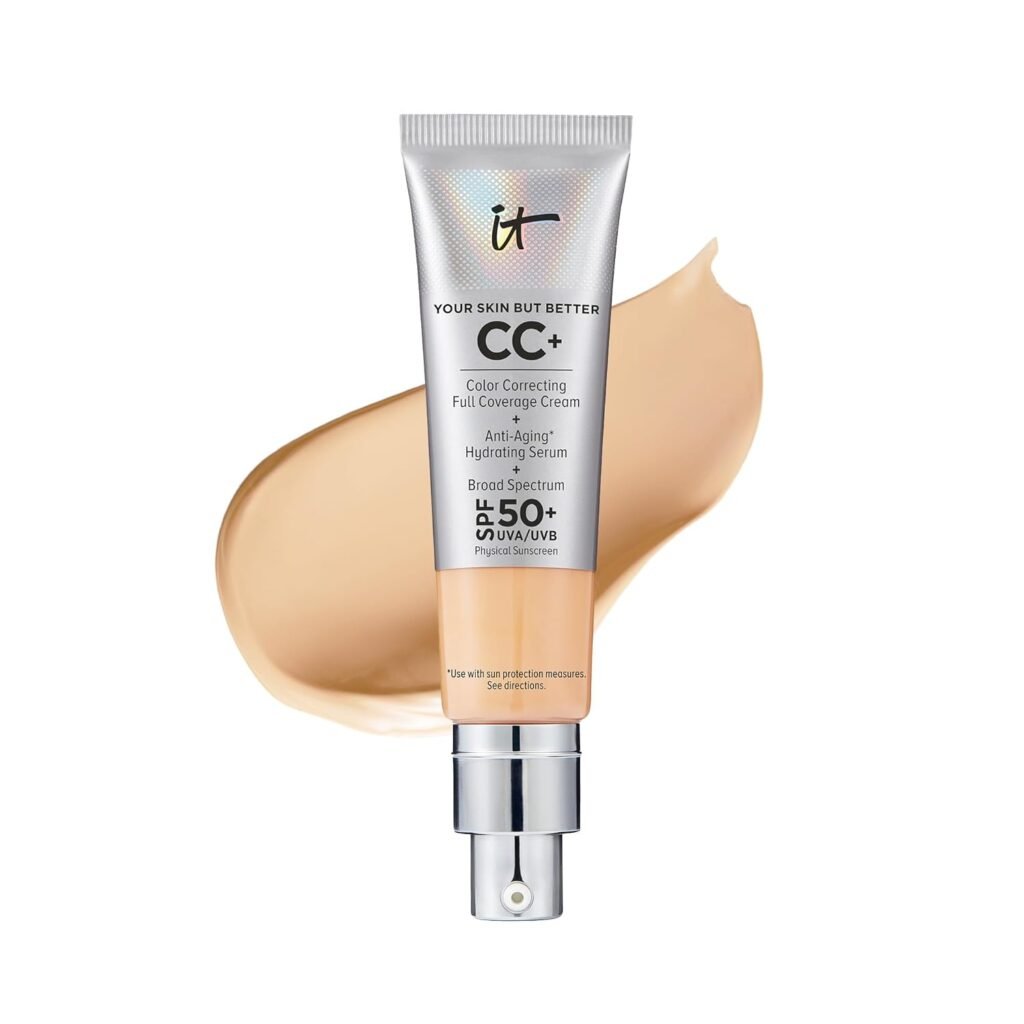
Contains collagen, peptides, hyaluronic acid and vitamin E to hydrate and improve skin elasticity
Estée Lauder Double Wear Stay-in-Place Makeup
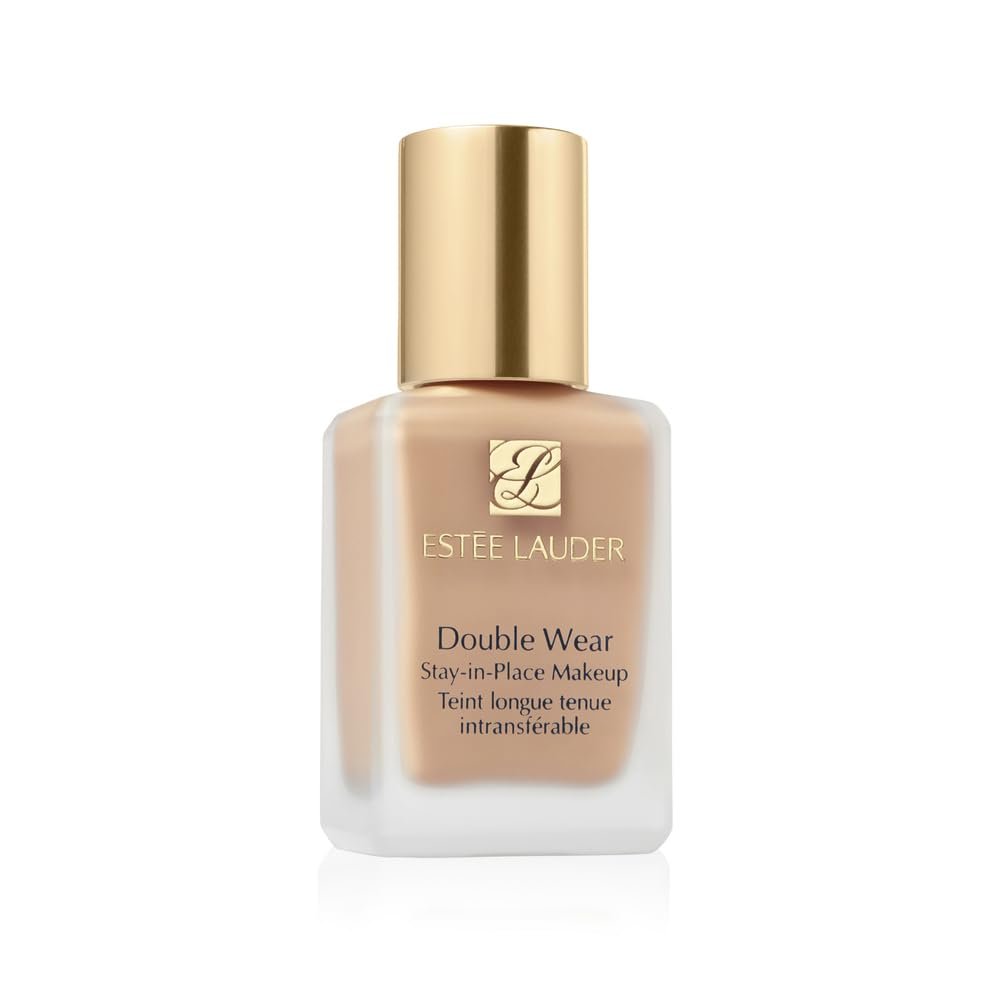
Although it is long-lasting, its lightweight formula does not settle into fine lines and wrinkles
BareMinerals Complexion Rescue Tinted Hydrating Gel Cream
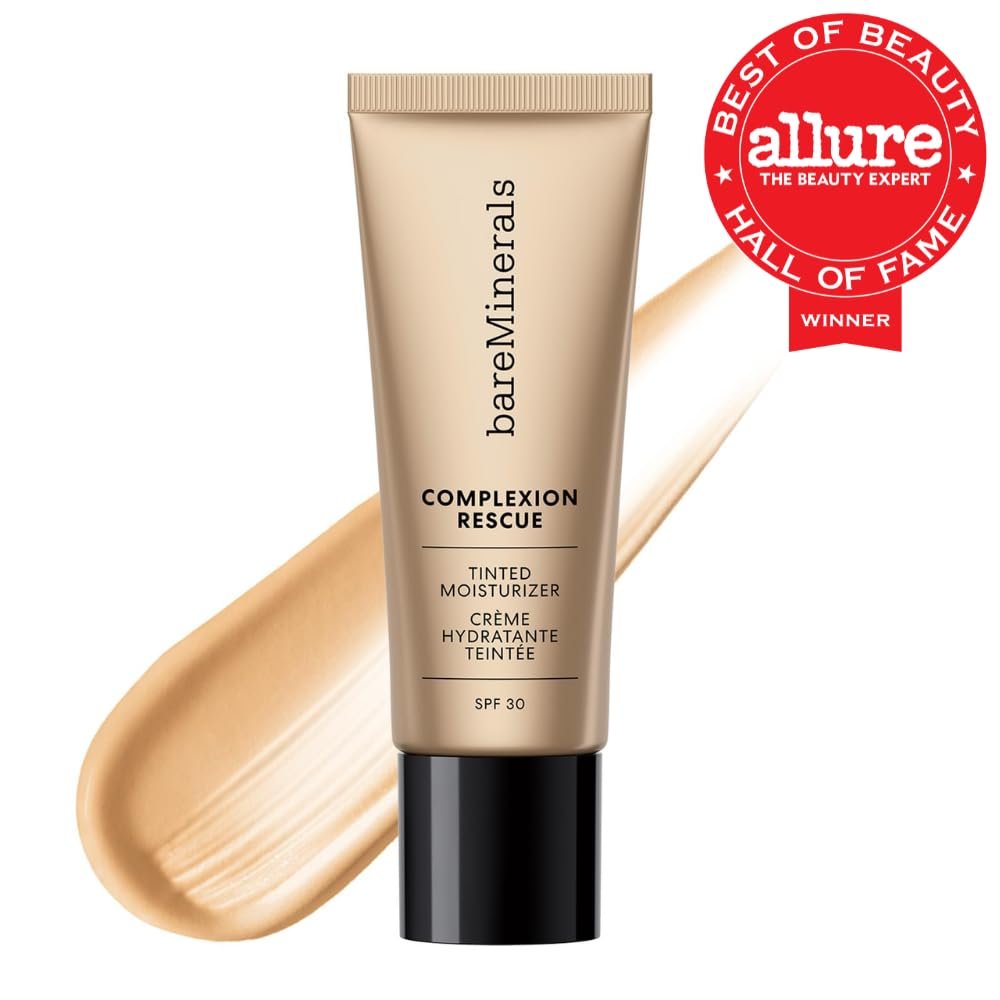
Moisturizing gel-cream with minerals and cactus extract for intense hydration
When selecting a foundation, consider formulations that offer a dewy or satin finish rather than matte. Matte foundations can make the skin appear flat and accentuate texture. Liquid foundations, especially those labeled as “lightweight” or “luminous,” are often better suited for mature skin. These foundations help create a youthful glow while providing sufficient coverage without being overly heavy.
The application tools you choose also play a significant role in the overall outcome. Beauty sponges and soft brushes can be advantageous for applying foundation seamlessly. Using a stippling motion with a damp beauty sponge can help blend the product thoroughly, while preventing it from settling in fine lines. A gentle tapping motion allows for a more natural finish. Focusing on lighter layers, and building up coverage as needed, is a prudent strategy to maintain a smooth appearance.
If the foundation begins to crack or settle, a setting spray can help revive the look and maintain moisture throughout the day. Ultimately, by prioritizing hydration, selecting suitable products, and employing gentle application techniques, mature skin can achieve a radiant, youthful appearance that enhances natural beauty.
Applying Foundation on Dry and Flaky Skin
Applying foundation on dry and flaky skin can be particularly challenging, as the texture of the skin may exacerbate imperfections rather than conceal them. To achieve a flawless finish, it is essential to prioritize the preparation of the skin prior to application. The first step involves thoroughly hydrating the skin. Begin by cleansing gently with a hydrating cleanser that does not strip away natural oils. Follow this with a rich, emollient moisturizer tailored for sensitive skin, as this will create a smooth canvas for the foundation.
One effective technique is to apply a hydrating primer before foundation application. This additional layer can help to lock in moisture and minimize the appearance of dry patches. Look for primers that are specifically designed for dry skin, as they often contain ingredients such as glycerin or hyaluronic acid, which draw moisture into the skin. Once the primer is applied and has set, consider using a foundation that is both moisturizing and suited for dry skin. Cream or liquid foundations with a dewy finish tend to work best, as these formulas help to hydrate while providing adequate coverage.
When applying the foundation, opt for a makeup sponge or a foundation brush that allows for a seamless blend without overworking the product into the skin. Start with a small amount of foundation and build coverage gradually. This technique helps to avoid an overly heavy application that might cling to dry patches. Additionally, using a stippling motion rather than sweeping can help to press the foundation into the skin effectively. Finally, set the makeup with a fine mist of setting spray that hydrates rather than mattifies the skin, preserving the dewy look that is essential for a radiant finish.
Navigating Foundation for Rosacea and Redness
Selecting the right foundation for sensitive skin affected by rosacea and redness requires a thoughtful approach. First and foremost, it is essential to choose a foundation formula that is hypoallergenic and fragrance-free. These attributes minimize potential irritation, which is critical for skin that reacts easily. Liquid foundations with a lightweight texture can offer the necessary coverage while remaining comfortable on inflamed skin. Cream foundations may also be suitable, particularly those formulated specifically for sensitive skin types.
When selecting a shade, it is wise to opt for one that closely matches your natural skin tone. Foundations that are too light or too dark may draw attention to redness, making it imperative to test shades in natural light. Many brands offer samples, which can be beneficial for finding the perfect hue without committing to a full-size product. Additionally, consider the undertone of your skin; choosing a foundation with a neutral or yellow undertone may help balance the appearance of redness, while overly pink or cool-toned foundations might exacerbate it.
Utilizing color-correcting products is another strategy to reduce visible redness. Green-tinted primers or color-correcting concealers can neutralize red tones before applying foundation. Apply a thin layer of the color corrector to affected areas and gently blend it with a makeup sponge or brush, ensuring that it does not disturb your skin’s comfort. Following this step, apply your foundation using either a damp sponge or a brush, working with light layers to achieve the desired coverage without caking. For extra durability, set your makeup with a translucent powder designed for sensitive skin to maintain a flawless finish while soothing redness.
Addressing Foundation for Darker Skin Tones
Finding the right foundation for darker skin tones can be a challenging task due to the potential for grayish undertones that often appear when unsuitable products are applied. It is crucial to select a foundation that not only matches the skin tone but also complements its unique undertones, which can range from warm to cool and neutral. The best strategy is to test shades in natural light, as artificial lighting can distort colors, leading to poor matching.
When it comes to foundation selection for darker skin tones, it’s advisable to choose a foundation that offers a full range of shades. Brands that specifically cater to diverse skin tones often provide an extensive palette that accommodates an array of undertones. For instance, selecting formulas that use rich pigments designed for deeper skin can enhance a natural finish. Additionally, foundations with a hydrating formula can offer a luminous glow, helping to combat the ashy appearance that many darker skin tones can sometimes experience.
Application techniques also play a significant role in achieving a flawless finish. It is often beneficial to use tools such as damp makeup sponges or brushes that allow for even distribution. Applying foundation in thin layers builds coverage without overwhelming the skin. Finishing with a setting powder can help lock in the foundation while providing a matte finish, reducing shine and potential ashy results. Lastly, using a setting spray specifically formulated for darker skin tones can provide long-lasting wear and enhance the overall look.
Using the right products tailored for darker skin tones will not only enhance the application and appearance of foundation but will also ensure that the final result is a beautiful, flawless finish.
FAQ: Your Burning Questions on Foundation Makeup
As individuals with sensitive skin seek solutions to achieve a flawless foundation makeup look, several common questions arise. Understanding these concerns is crucial for selecting the appropriate products and techniques that cater to sensitive skin’s unique requirements.
One frequently asked question pertains to the best types of foundation for sensitive skin. Cream and liquid foundations that are labeled hypoallergenic and non-comedogenic tend to be the most suitable choices. These formulations typically have fewer irritating ingredients, reducing the likelihood of allergic reactions. Additionally, options containing soothing components such as aloe vera, chamomile, or hydrating agents can help to mitigate any potential discomfort during wear.
Another common concern is about foundation coverage for sensitive skin. While some individuals prefer full coverage to conceal imperfections, others may lean towards lighter options for a more natural look. When selecting foundation makeup, individuals with sensitive skin should opt for lightweight formulas that do not clog pores, providing a breathable layer. Mineral foundations are often recommended for their gentle properties, making them a fantastic alternative for those who experience breakouts or irritation.
Additionally, the issue of foundation longevity is frequently raised. Sensitive skin can sometimes lead to makeup wear-off due to excessive oil production or environmental factors. To enhance the durability of foundation makeup on sensitive skin, using a primer specifically designed for sensitive skin types can provide a smoother base and help foundation adhere better. Setting sprays or powders can also extend the longevity of the makeup without compromising skin comfort.
Lastly, many individuals wonder about the best methods for removing foundation at the end of the day. It is essential to use gentle cleansers that effectively dissolve makeup without stripping the skin of its natural moisture. Incorporating makeup removers with calming ingredients can further prevent irritation, making the routine easier and more comfortable for those with sensitive skin.
Difference between Hyaluronic Acid and Niacinamide | The secret to radiant skin
In conclusion, selecting the appropriate foundation makeup for sensitive skin is a critical task that can significantly impact both appearance and comfort. Throughout this guide, we have emphasized the importance of understanding your skin type and needs while choosing products. Quality is paramount; opting for foundations that are free from irritating chemicals and allergens can make all the difference in achieving a flawless finish.
Moreover, we explored various techniques that aid in applying foundation makeup effectively on sensitive skin, such as using tools designed for gentle application and layering products to enhance coverage without compromising skin health. It is vital to remember that sensitivity varies from person to person, and what works for one individual may not work for another. Therefore, it is often necessary to experiment with different brands and formulas to find the perfect match for your specific requirements.
We encourage you to take these tips into consideration as you navigate the world of foundation makeup. Invest in high-quality products specifically tailored for sensitive skin, as they tend to offer both better coverage and comfort. Encourage yourself to try out the techniques discussed in this guide—whether it be using a primer to create a smooth base or exploring various application tools to find what feels best on your skin.
Ultimately, the goal is to enhance your natural beauty while maintaining your skin’s integrity. By prioritizing your skin’s health and employing the right strategies, you can achieve the flawless finish you desire. Don’t hesitate to share your experiences and any additional tips you may have discovered along the way, creating an engaging community of individuals dedicated to beauty without compromise.
Nutritional Supplements Help Strengthen Brittle Nails | Your Comprehensive Guide
Understanding Brittle Nails | The Basics Brittle nails are a common condition characterized by nails…

